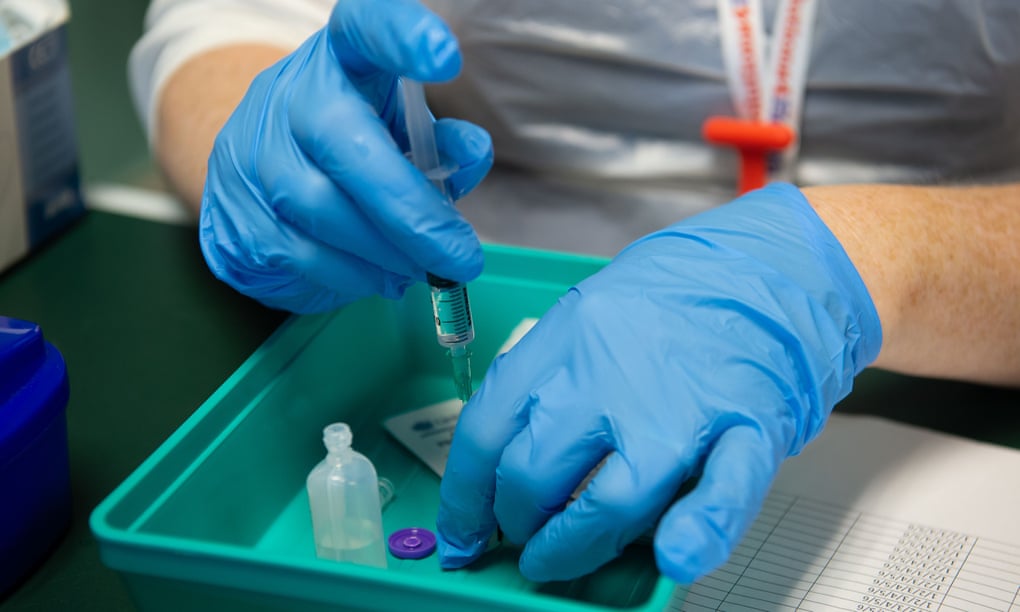- Joined
- Dec 6, 2010
- Messages
- 33,422
- Reaction score
- 5,683
nothing more than one of dozens if not hundreds of schemes in which we bankrupt canada for the benefit of the chinese elite.
The hardest lesson learned are the best lessons - hopefully.
Look on the bright side though, the table has turned and a Canadian company is now raking in the dough for licensing their early-stage mRNA tech to China, just because the CCP can't bring themselves to back-pedal and use the Pfizer-BioNTech shots to boost their inferior vaccines after spending months spreading fake news on it.
With the Canadian vaccine candidate still in the pipeline, the CCP may be more open to co-op it as a "homegrown shot" rather than the well-known names in the market that are now synonymous with the West's success, especially in comparison with China's Sinopharm and Sinovac.
----
Chinese Firm Licenses Canada mRNA Vaccine Tech in $500 Million Deal
Bloomberg News | September 13, 2021
Chinese biopharma firm Everest Medicines Ltd. will license an mRNA Covid-19 vaccine from Canada’s Providence Therapeutics Holdings Inc., as companies try to bring the most effective inoculation platform into China despite its apparent resistance to western shots.
Everest will gain rights to Providence’s vaccine in Greater China and countries including Indonesia, Singapore, and Thailand, it said in a statement Monday. It will pay $100 million cash upfront for access to the vaccines and mRNA technology, and up to $100 million in profit-sharing, the statement said. The deal includes another payment of up to $300 million in stock if further products are developed using Providence’s mRNA technology platform.
While almost 1 billion people have been fully vaccinated in China, the country is still lacking an mRNA shot, with most of the population inoculated with inactivated vaccines from Sinopharm Group Co. and Sinovac Biotech Ltd., which studies have found to be less effective. A deal by Fosun Pharmaceutical Group Co. to sell BioNTech SE’s mRNA shot in mainland China has yet to be approved by regulators, suggesting it may not be easy to bring in a foreign mRNA vaccine, partly because of political sensitivities.
If approved, the Everest-Providence vaccine will likely be used as a booster shot in China given most of the population has been vaccinated, Everest Chief Executive Officer Kerry Blanchard said in an interview. In other Asian nation’s within Everest’s remit, there’s still the need for primary vaccination, he said.
“That’s still a large group of people,” Blanchard said. “I think it’s a reasonable assumption that most adults will likely need a booster at some point, and the older you are, the more rapidly the immunity wanes. People will need to have at least one booster.”
Everest’s full technology transfer of the Providence shot means the Chinese firm would have a bigger stake in the vaccine, which may potentially help its chances to be considered as a Chinese vaccine, compared to Fosun Pharma which would only manufacture and distribute the BioNTech jab.
Given the vaccine has only just completed Phase-1 trials in Canada, it’s difficult to put a timeline on the shot’s development, which depends on the enrollment of patients, execution of the trials, and flexibility of the regulatory system. But a phase III trial will likely start this year or early next year, he said.
Homegrown Shot
While there’s little knowledge on how much protection the vaccine will provide against the virus, Blanchard said the immunogenicity and the neutralization are “as good or better than Pfizer and Moderna” against the original strain of the virus and its variants.
The delay in approving the BioNTech-Pfizer shot has stoked speculation China’s government is trying to avoid acknowledging that local shots may be less effective than Western ones.
“We believe that a locally manufactured vaccine is the right approach, and that’s the approach we’ll pursue,” Blanchard said. “I do believe our ability to do full technology transfer into China is important.”
https://www.bloomberg.com/news/arti...-canada-mrna-vaccine-tech-in-500-million-deal
Last edited:


/cloudfront-us-east-2.images.arcpublishing.com/reuters/RMUP4WTMCVKSDEOVAWRH7HG24E.jpg)

/cloudfront-us-east-2.images.arcpublishing.com/reuters/23GKE2ILSZN6XDQ34J5HD7SHT4.jpg)
